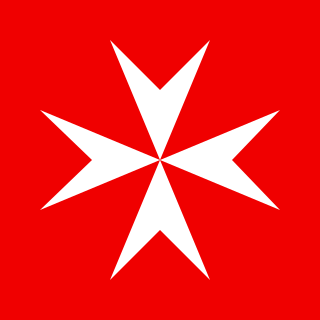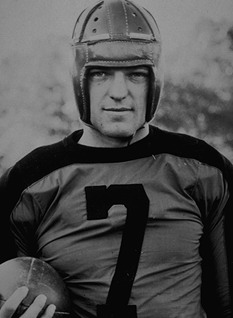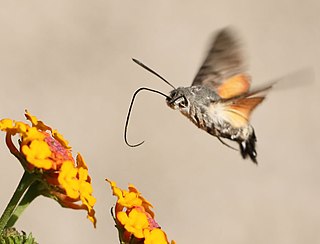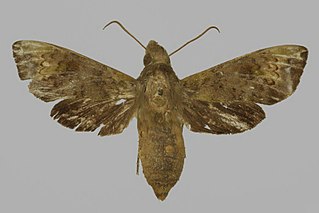
The 1964 Dutch Grand Prix was a Formula One motor race held at Zandvoort on 24 May 1964. It was race 2 of 10 in both the 1964 World Championship of Drivers and the 1964 International Cup for Formula One Manufacturers. The 80-lap race was won by Lotus driver Jim Clark after he started from second position. John Surtees finished second for the Ferrari team and Clark's teammate Peter Arundell came in third.

The 1965 Dutch Grand Prix was a Formula One motor race held at Zandvoort on 18 July 1965. It was race 6 of 10 in both the 1965 World Championship of Drivers and the 1965 International Cup for Formula One Manufacturers. The 80-lap race was won by Lotus driver Jim Clark after he started from second position. Jackie Stewart finished second for the BRM team and Brabham driver Dan Gurney came in third.

The 1967 Dutch Grand Prix was a Formula One motor race held at Zandvoort on June 4, 1967. It was race 3 of 11 in both the 1967 World Championship of Drivers and the 1967 International Cup for Formula One Manufacturers. The race saw the debut of the Lotus 49, equipped with the Ford Cosworth DFV engine. Having tested it for a long time, Graham Hill took pole for the race. By contrast, this was the first time that the other Lotus driver, Jim Clark, ever drove the car, which — combined with mechanical issues — led to him only qualifying in eighth. Hill retired from the lead while Clark started to get a feel for the car as he fought his way through the field to record the car's first victory in its first race. The meeting also saw the first appearance of the Brabham BT24 and the BRM P115, but neither took part in the race.

The Bailiwick of Brandenburg of the Chivalric Order of Saint John of the Hospital at Jerusalem, commonly known as the Order of Saint John or the Johanniter Order, is the German Protestant branch of the Knights Hospitaller, the oldest surviving chivalric order, which generally is considered to have been founded at Jerusalem in 1099.

Earl Harry "Dutch" Clark, sometimes also known as "the Flying Dutchman" and "the Old Master", was an American football player and coach, basketball player and coach, and university athletic director. He gained his greatest acclaim as a football player and was inducted into the College Football Hall of Fame with its inaugural class in 1951 and the Pro Football Hall of Fame with its inaugural class in 1963. He was also named in 1969 to the NFL 1930s All-Decade Team and was the first player to have his jersey retired by the Detroit Lions.
The office of Superintendent of Public Works was created by an 1876 amendment to the New York State Constitution. It abolished the canal commissioners and established that the Department of Public Works execute all laws relating to canal maintenance and navigation except for those functions performed by the New York State Engineer and Surveyor who continued to prepare maps, plans and estimates for canal construction and improvement. The Canal Board continued to handle hiring of employees and other personnel matters. The Barge Canal Law of 1903 directed the Canal Board to oversee the enlargement of and improvements to the Erie Canal, the Champlain Canal and the Oswego Canal. In 1967, the Department of Public Works was merged with other departments into the new New York State Department of Transportation.

Macroglossini is a tribe of moths of the family Sphingidae described by Thaddeus William Harris in 1839.

Temnora is a genus of moths in the family Sphingidae.

The 1888–89 United States Senate elections were held on various dates in various states, coinciding with Benjamin Harrison's victory over incumbent President Grover Cleveland. As these U.S. Senate elections were prior to the ratification of the Seventeenth Amendment in 1913, senators were chosen by state legislatures. Senators were elected over a wide range of time throughout 1888 and 1889, and a seat may have been filled months late or remained vacant due to legislative deadlock. In these elections, terms were up for the senators in Class 2.

Antinephele achlora is a moth of the family Sphingidae. It was described by William Jacob Holland in 1892, and is found from forests from Sierra Leone to Uganda and western Kenya.

Antinephele anomala is a moth of the family Sphingidae. It was described by Arthur Gardiner Butler in 1882 and is known from Ivory Coast and Nigeria. It is considered most similar to Antinephele achlora.

Antinephele efulani is a moth of the family Sphingidae. It was described by Benjamin Preston Clark in 1926 and is known from the Democratic Republic of the Congo, Gabon and Cameroon.

Antinephele lunulata is a moth of the family Sphingidae. It was described by Rothschild and Jordan in 1903, and is known from forests and wooded habitats from Sierra Leone to Cameroon, the Democratic Republic of the Congo, Zambia, Zimbabwe and Tanzania, as well as Madagascar.

Antinephele maculifera is a moth of the family Sphingidae. It was described by William Jacob Holland in 1889, and is known from Sierra Leone to the Democratic Republic of the Congo and Uganda. It is also found in Kenya, Malawi, Tanzania and Zimbabwe. It is known from forests and wooded habitats.

Antinephele marcida is a moth of the family Sphingidae. It was described by William Jacob Holland in 1893, and is found from forests from Cameroon to Uganda and western Kenya.












